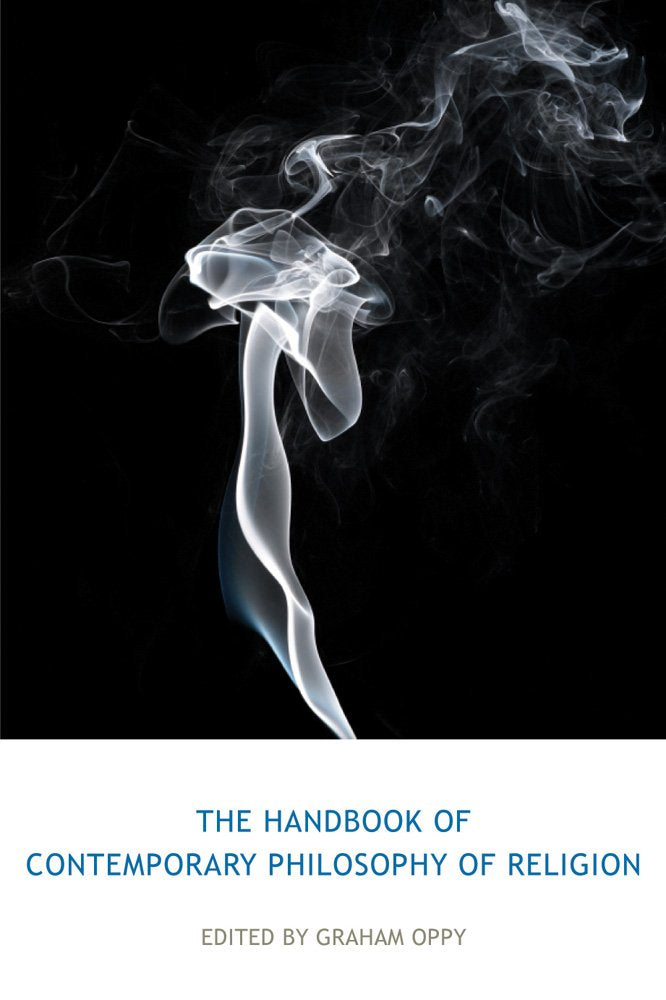The Routledge Handbook of Contemporary Philosophy of Religion (Routledge Handbooks in Philosophy)
The Routledge Handbook of Contemporary Philosophy of Religion (Routledge Handbooks in Philosophy) is backordered and will ship as soon as it is back in stock.
Couldn't load pickup availability
Genuine Products Guarantee
Genuine Products Guarantee
We guarantee 100% genuine products, and if proven otherwise, we will compensate you with 10 times the product's cost.
Delivery and Shipping
Delivery and Shipping
Products are generally ready for dispatch within 1 day and typically reach you in 3 to 5 days.
Book Details:
-
Author: Graham Oppy
-
Brand: Routledge
-
Edition: 1
-
Binding: Hardcover
-
Number of Pages: 498
-
Release Date: 29-Apr-2015
-
ISBN: 9781844658312
-
Languages: English
-
Package Dimensions: 9.8 x 7.1 x 1.3 inches
Product Description:
The Routledge Handbook of Contemporary Philosophy of Religion is a comprehensive and authoritative reference work on one of the most dynamic areas in contemporary philosophy. With the resurgence of debates surrounding the place and value of religion in Western societies, this Handbook provides a detailed and in-depth exploration of the current state of philosophy of religion.
Comprising over thirty chapters by renowned international contributors, this volume is divided into seven clear parts:
-
Theoretical Orientations – Exploring the foundational theories in the philosophy of religion.
-
Conceptions of Divinity – Examining various religious ideas about God and the divine.
-
Epistemology of Religious Belief – Delving into the nature and justification of religious belief.
-
Metaphysics and Religious Language – Investigating the metaphysical issues surrounding religious concepts and the use of language in religious discourse.
-
Religion and Politics – Addressing the intersection of religion and political theory.
-
Religion and Ethics – Exploring moral implications and ethical debates in religious contexts.
-
Religion and Scientific Scrutiny – Evaluating religious claims under the lens of modern science.
Key topics such as religious experience, religion and superstition, realism vs. anti-realism, scientific interpretation of religious texts, feminist approaches to religion, and the role of religion in the public sphere are critically examined. The volume offers readers a robust and informed perspective on the vibrant and evolving field of philosophy of religion.
This Handbook is indispensable reading for students, researchers, and anyone with an interest in the philosophy of religion, particularly those from disciplines across the Humanities and Social Sciences.





